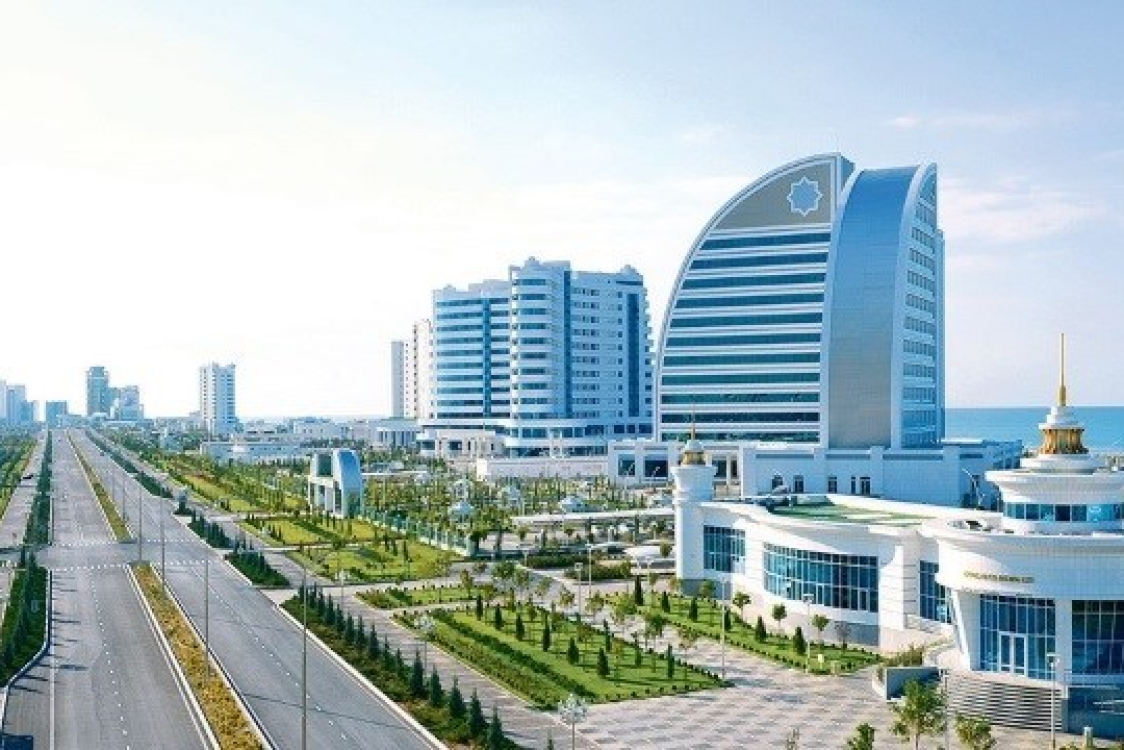
Turkmenistan's policy of permanent neutrality, enshrined in the Constitution and recognised by the international community, has become the foundation of the country's foreign policy. This was reported by the state news agency TDH.
Since 1995, when the UN General Assembly unanimously adopted a Resolution on the country's neutral status, this doctrine has been regarded as an effective instrument of peace, stability and development.
The UN has confirmed Turkmenistan's neutrality three times, including in resolutions in 2015 and 2025, noting its contribution to peaceful coexistence, preventive diplomacy and humanitarian cooperation. On Ashgabat's initiative, 12 December became International Neutrality Day, and 2025 was declared the International Year of Peace and Trust.
Neutrality strengthens the country's position in the international arena and contributes to its economic development. Turkmenistan is promoting projects on energy transit and the development of transport corridors (including the TAPI gas pipeline and the Turkmenistan-Afghanistan-Pakistan power line), becoming an important energy and logistics centre in the region.
The policy of neutrality is particularly important in the humanitarian sphere: Turkmenistan actively participates in providing assistance in emergency situations, supports environmental initiatives and serves as a platform for international negotiations.
Neutrality has become part of the national identity, reflecting traditions of peacefulness and dialogue. It strengthens international cooperation, develops cultural and scientific ties, and creates conditions for sustainable development.
The Turkmen model is seen as an example of how neutral status can contribute to the security and prosperity not only of an individual state, but of the entire region.













 Read us in Zen
Read us in Zen



